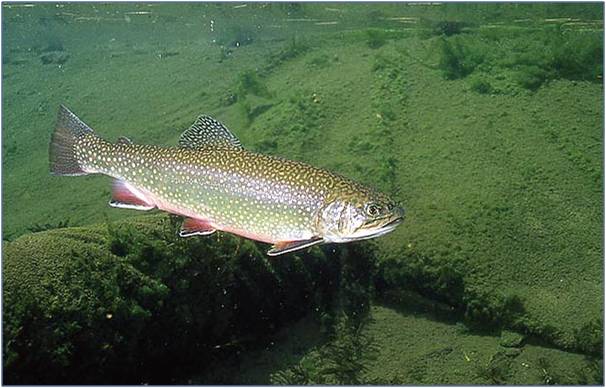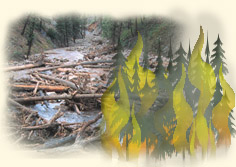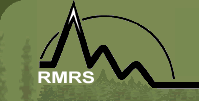|
|
AWAE Program Headquarters
322 East Front St., Ste 401
Boise, ID 83702
(208) 373-4340
Rocky Mountain Research Station Headquarters
2150 Centre Ave., Bldg A
Fort Collins, CO 80526
(970) 295-5923
|
|

|
|
| Forest Service Research and Development has created a new web presence. You will be redirected to the new page in a moment. Please update your bookmarks. |

 |
| Welcome to the Fisheries and Aquatic Sciences for Kids' Climate Change HomePage! Here you can learn more about Climate Change, its affects on your environment. |
|
 |
What is Climate Change?
If you were to average the earth's everyday weather in different countries and regions around the world over thousands of years of history, that in itself would give you an idea of the climate for each of those places! For instance, in Boise, Idaho we know that winter-time will bring freezing temperatures with ice and snow. Climate is the earth's overall long-term weather patterns, and it has always changed ever so slowly throughout the earth's history. So what's the problem you may ask? Well, with overpopulation, urban development and carbon dioxide levels increasing in our atmosphere through the burning of fossil fuels among other things, the planet is a bit different now-a-days. The rate at which the earth is warming is a question for concern and scientists are hard at work to find out how human activities might speeding up the process, as well as what a warming climate may do to the environments we live in right now. If climate changes too quickly animal species will not have time to adapt! |
|
 |
How Does it Effect Our Local Aquatic Environment?
Our warming planet has caused sea levels to rise, droughts to become more frequent and extreme, increased flooding, fires, and extreme weather patterns. These changes are impacting the hydrologic cycle and stream habitats as well. Scientists predict that temperatures will rise between 4 and 12°F by the end of this century with devastating effects on salmon, trout and other fish species.  |
 |
(Left) A warming climate causes a chain-reaction of negative effects on stream habitats that many species cannot adapt to.
Non-native fish species like brook trout (picture above) can tolerate warmer water temperatures better than some native species such as bull and cutthroat trout. Climate change allows brook trout and other invasive species to take over native species’ habitats.
|
| |
Wildfires
Wildfires may be come more severe and widespread with climate change. If disturbances such as debris flows (burned forest material that are washed down stream by water) are extensive, they can limit the recovery of fish and their habitat. |
 |
| |
|
|
|
 |
Is there Something I can do to help?
 |
You may seem like only one person, but believe it or not, you can help to make our planet healthy! Some ideas to make for a healthier more sustainable planet and lifestyle are: |
- Carpool or use public transportation
|
- Recycle, Recycle, Recycle
|
- Switch to Energy efficient light bulbs and applaiances
|
- Don't waste! Instead of throwing things out, fix it or use it for something else. If you can, buy things that are less likely to break or become unuseful.
|
- Turn off lights and devices when you're not using them.
|
- Instead of using plastic or paper bags at the grocery store, invest in some reusable bags!
|
- Instead of driving to close destinations, ride your bike, walk or take the bus.
|
- Avoid buying bottled water, invest in a water filtration product, which will save you money in the long run!
|
- Plant trees to absorb greenhouse gases
|
- Ask about installing solar energy panels on your home!
|
- Eat locally grown foods! Instead of eating foods that used a ton of energy and fuel to ship them across the country or even the world, eat foods grown near you! This also helps your local economy!
|
- Educate yourself! This is probably one of the most important things that you can do! Learn as much as you can and share your knowledge with others!
|
|
 |
| |
|
| Climate Change Links |
|
 |
| Cool Kid's Links |
|
|
|
 |
|
|
|
|
|
|
|
|









